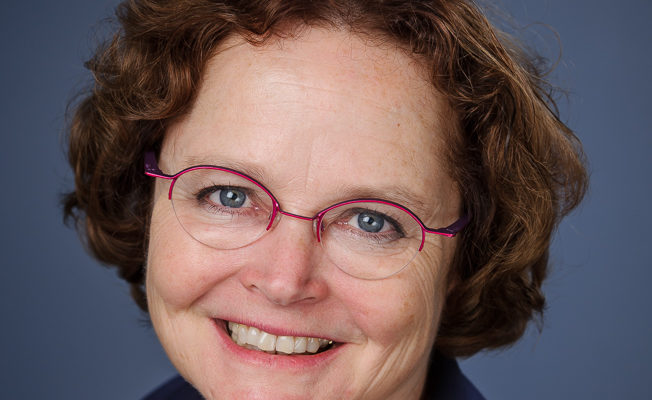Our Blog
Mental health in the workplace is the theme of the World Mental Health Day 2017, observed on 10 October. To focus on the workplace is key to combat the global rise of mental health disorders – many of which are caused by stress.
Atypical workers need protection and representation. Trade unions in Europe discuss alternatives and solutions.
New forms of raising the voice in the future. ETUI and Meta-Morphosis organized an exhibition of posters in the corridors of the International Trade Union House in Brussels from 8 June – 20 July 2017.
EU’s working time directive dates back to as early as 1993. It is made for working nine-to-five and does not meet the challenges of the changing working life and new forms of work.
A strike today demanding the end to unpaid internships clearly shows that there is need for better conditions for interns. Internships should be paid.
Significant progress has been made in France on the subject of whistleblower protection and corporate due diligence. A growing work coordination of NGOs, trade unions and academics proved to be important for the process.
Costs of psychosocial health risks due to work is estimated at 617 billion euros per year. Prevention policies can bring huge benefits.
Le coût des risques psychosociaux dues au travail à 617 milliards d’euros par an. C´est exorbitante au regard des bénéfices des politiques de prévention.
Employers should put employees´ mental health at the very top of the agenda especially at this time of ongoing and continuous changes in the labor market that are affecting a key dimension of job quality – health and safety – and which are contributing to the increase of psychosocial risks at a great extent.
On 17 October 2016, the platform that Eurocadres took the initiative to create on EU-wide whistleblower protection was launched. 48 organisations participated from the start, and more are joining. The case for why whistleblowers should be protected is clear.
Old corporate culture is being left behind, but only slowly. When I started my career in the corporate world, I kept hearing about the glass ceiling. At first, it seemed…
Vice-President Paula Ruiz Torres updates on the issues facing transposition. Equal pay between men and women has been a long-standing fight for trade unions. The gender pay gap is not…
L’Ugict-CGT, qui fait partie d’Eurocadres, vient de sortir son baromètre annuel sur les opinions et attentes des cadres en France en 2024. Voici les principaux enseignements que nous pouvons tirer…
As previously discussed, the Corporate Sustainability Reporting Directive (CSRD) represents a significant legislative instrument from the EU, designed to enforce corporate social responsibility under binding regulations. The Corporate Sustainability Reporting…
How a new EU file can help deliver a Just Transition
The struggle for gender equality in the workplace has been a hot topic for decades. Despite significant progress in many areas, the gender gap persists in a number of sectors, one of the most prominent being women’s access to management positions.
The regulatory framework and practices in focus.
Time management a key concern for today’s worker
A step forward to a just transition
Improvements to work-life balance secured through negotiations

















